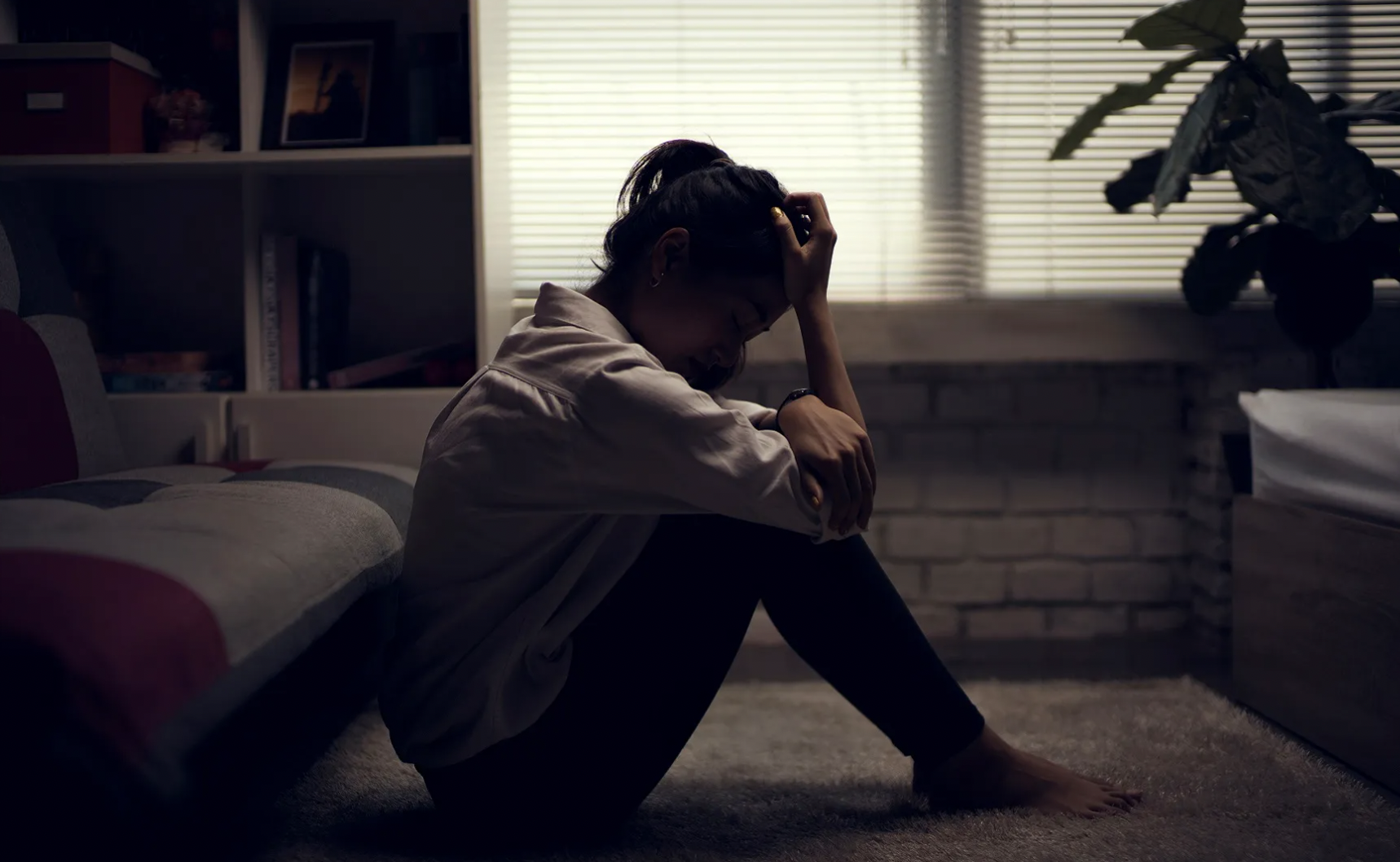Depression: A bad mood or sadness that doesn’t go away may be a sign of depression. It can happen to anyone, regardless of age, gender, race or how much money you have. Although depression is common – especially among teenagers – some people develop it and others do not. Why?

What causes depression?
Many factors influence whether a person suffers from depression, such as:
Genes
Research shows that depression runs in families. Some people inherit genes that play a role. But not everyone will develop depression, even if a family member suffers from it. And many people with no family history still understand this. So genes are a factor, but not the only cause of depression.
Brain chemistry
Certain chemicals called neurotransmitters (pronounced: nu-oh-TRANZ-mit-urs) regulate mood. When a person suffers from depression, these neurotransmitters may be missing or insufficiently effective. A person with the depression gene may be more susceptible to neurotransmitter problems.
Stress, health and hormones
Stress, drinking, drug use, and hormonal changes can affect mood and brain chemistry.
Some medical conditions may also make you more likely to experience anger, irritability or depression. For example, low thyroid hormone levels can cause low mood in some people. Once your doctor diagnoses and treats the condition, these symptoms usually disappear.
Adequate sleep and regular exercise often have a positive impact on neurotransmitter activity and mood and help prevent depression.
Day and season
Daylight affects the brain’s production of two neurotransmitters called melatonin and serotonin. They help regulate energy, mood, and sleep and wake-up times.
Shorter days and longer hours of darkness in fall and winter can cause the body to produce more melatonin and less serotonin. This imbalance can lead to a type of depression called seasonal affective disorder (SAD). Light exposure may help improve the mood of people with SAD.

Life events
The death of a family member, friend or pet sometimes causes depression. Other difficult life events – such as parental divorce, separation or remarriage – can also trigger them. Whether difficult life circumstances lead to depression depends on how well a person can cope, maintain a positive attitude, and get help.
Family and social environment
For some people, a negative, stressful or unhappy family life can lead to depression. Other stressful life situations – such as poverty, homelessness or violence – can also cause this. Dealing with bullying, harassment or peer pressure also makes some people feel lonely or anxious.
These types of situations don’t always cause depression, but facing them without relief or support can make it easier to become depressed.
Reactions to life situations
Life is full of ups and downs. Stress, adversity, and setbacks happen (but hopefully not often). How we respond to life’s struggles makes a huge difference. A person’s attitude can contribute to or help prevent depression.
Research shows that a positive attitude helps protect against depression. This also applies to people whose genes, brain chemistry, or life situations put them at risk of developing the disease.
The opposite is also true: people who think more negatively may be more susceptible to depression.
Trying to be optimistic – for example, believing that there is a way out of every problem – helps prevent depression. Coping skills and systems for supporting positive relationships are also developed. These things help build resilience (a quality that helps people bounce back and perform well even in difficult situations).
How can I become more resilient?
Here are 3 ways to build resilience:
- Try to accept change as a challenging and normal part of life. When a problem arises, take action to solve it.
- Remind yourself that setbacks and problems are temporary and can be fixed.
Create a support system. Ask friends and family for help when you need it (or just a shoulder to cry on). Offer help when needed. This type of give and take creates strong relationships that help people weather life’s storms. Some people also find comfort in their religious or spiritual places of worship. - Being positive and resilient is not a magic shield that automatically protects us from depression. But these features can help offset some of the things that may cause the condition.
What else is worth knowing about depression?
Depression is a mental health condition that requires medical attention. If depression or low mood persists for weeks, months or longer, contact your doctor who may refer you to a therapist.
Therapy helps people get extra support during difficult times. By talking to a therapist, they learn to develop new skills, deal with their problems and feel better.
